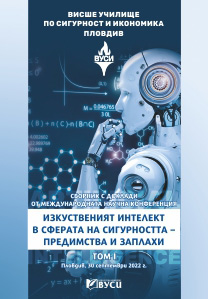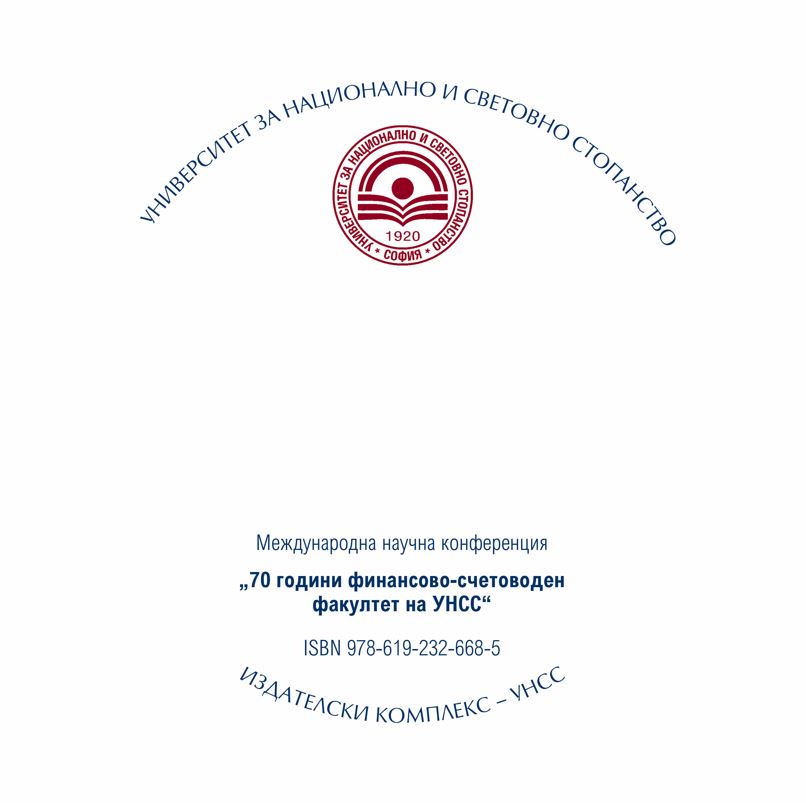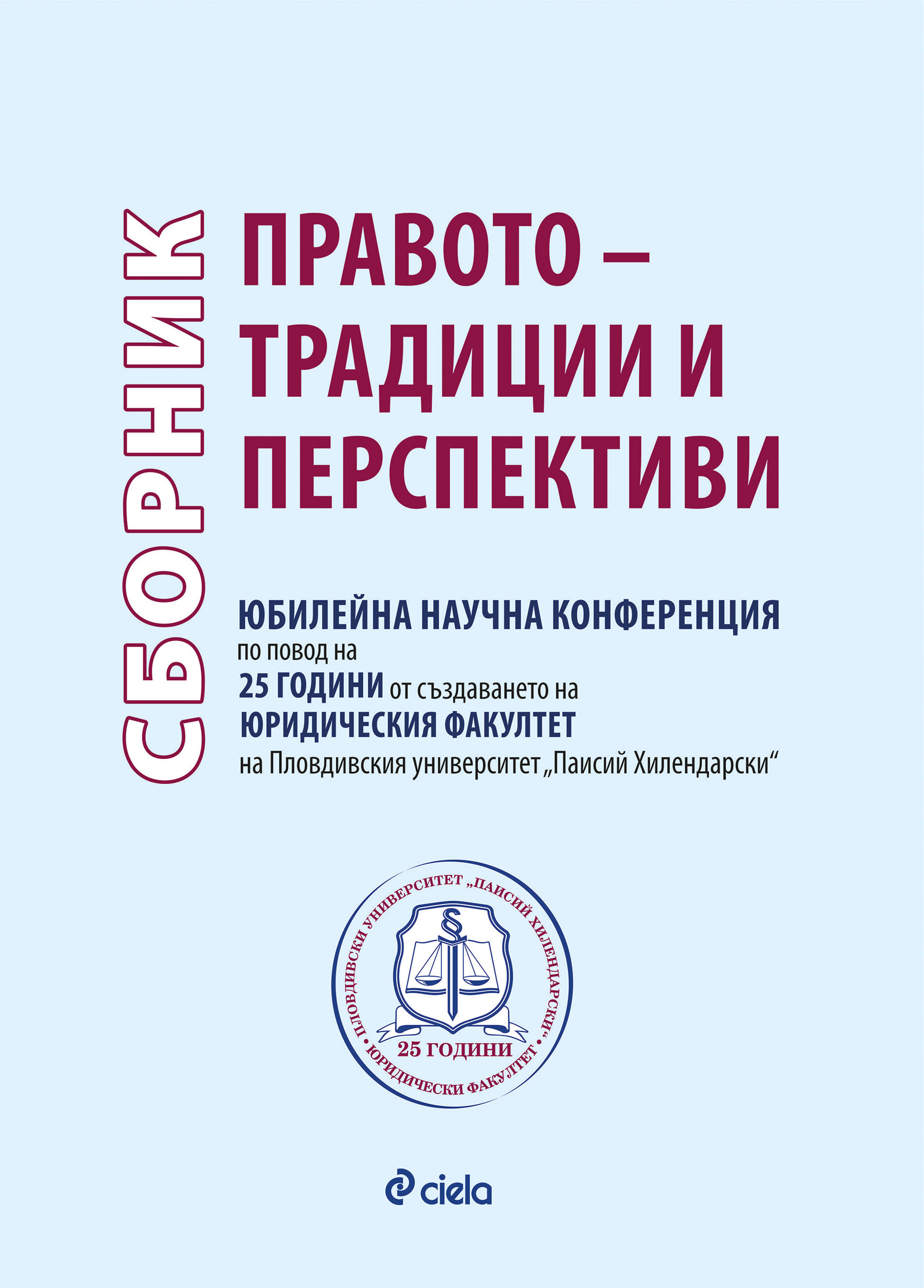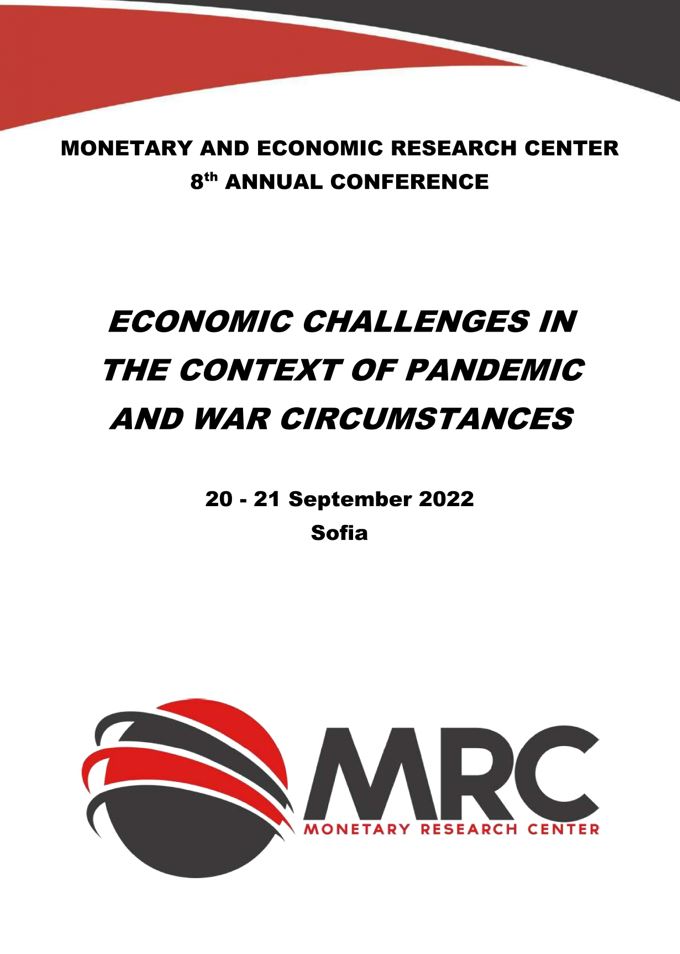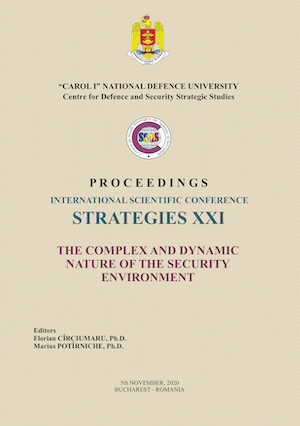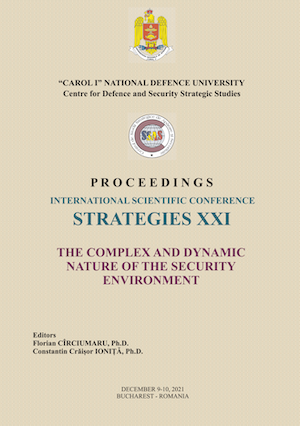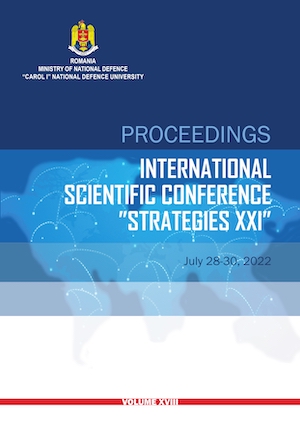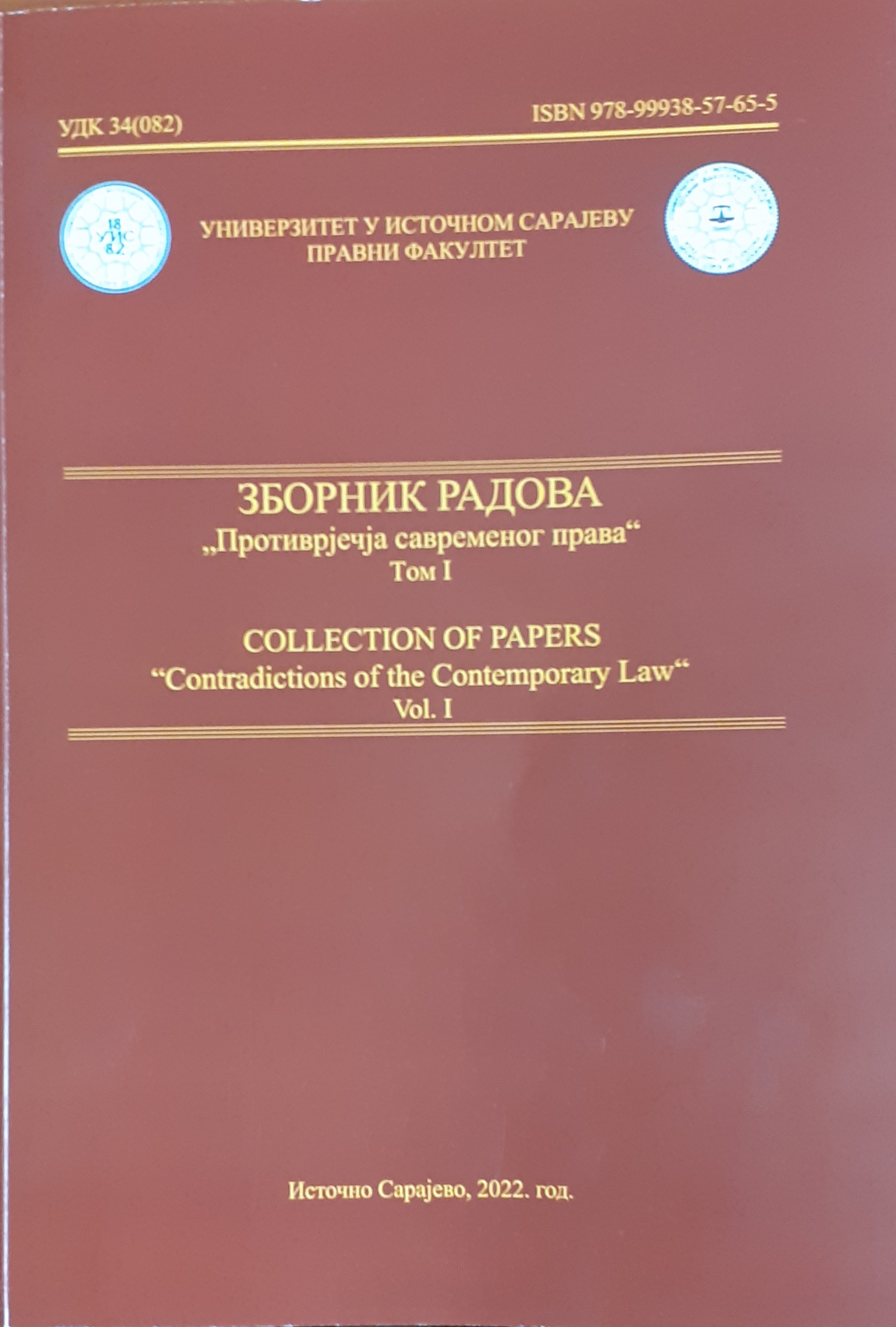
Evropski identitet - kontroverzije i refleksije
The author of the article examines the question of European identity as a newly created identity, with particular attention to the foundations which the collective European identity should build to serve its primarily task-the loyalty of EU citizens, In that sense, the creation of the European identity coincides with some critical Questions from the legal-political discourse within which it seeks affirmation and legislation.The Research starts from the assumption that in the EU, as a political entity sui generis, in the best tradition of European citizenship, by creating European identity, democracy has transformed from the political from that legitimizes the powers and sovereignty of the national state into a political form that legitimizes human rights, whereas the national identity in the context of the inclusive European identity acquires the function of double legitimacy- cultural and political. By analyzing the content and by using teleological method, the research focuses in particular on the aspect of determination and variability of the content of the concept of identity, the justification for creating a European identity, its political recognition, its connection with human rights and the integrative role that multiculturalism plays in their implementation.
More...
